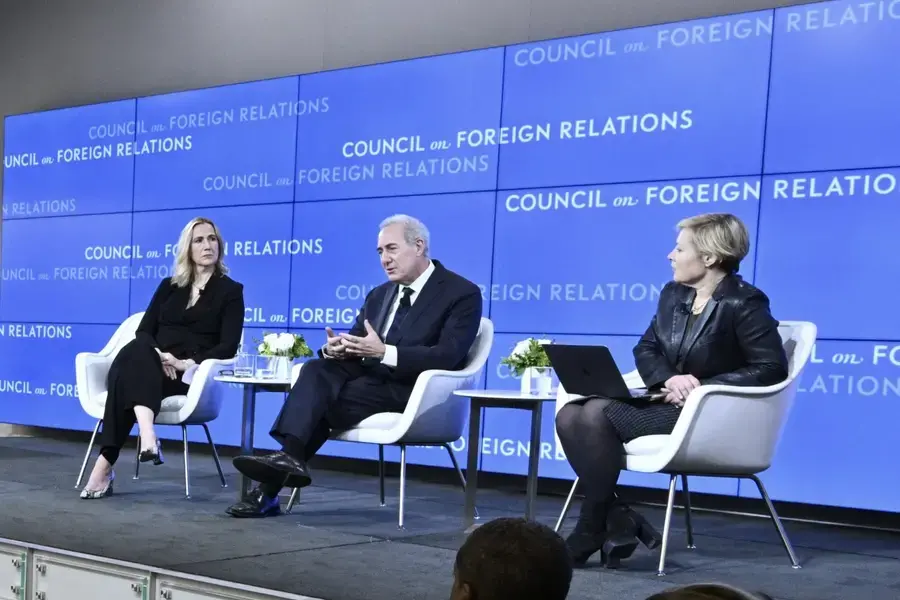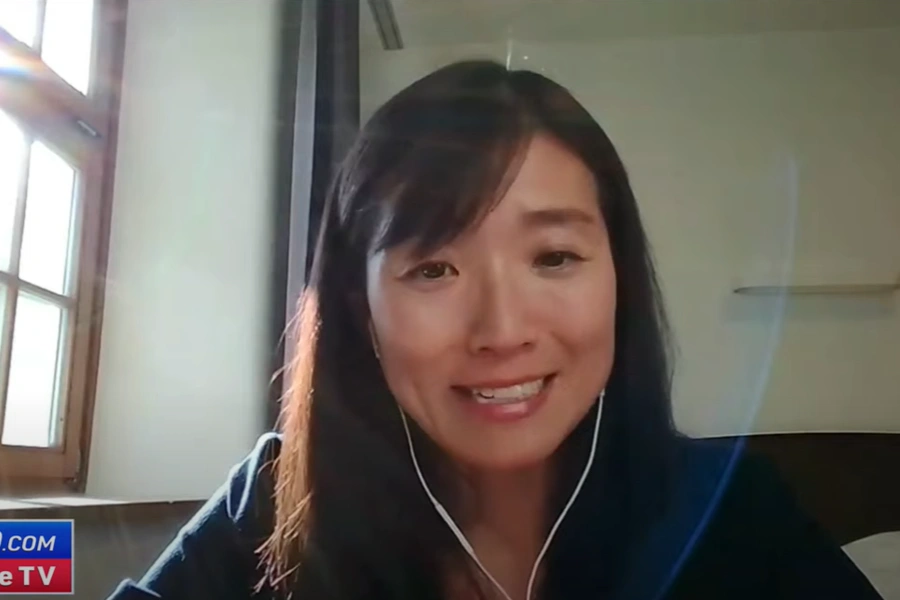
Reimagining American Economic Leadership
C. Peter McColough Series on International Economics
RealEcon was pleased to welcome former U.S. Treasury Secretary Lawrence H. Summers to CFR for a McColough series conversation with Mike Froman.
Watch Event.jpg)
Trade Offs
_1.svg)
U.S. policymakers are ignoring some of the negative trade-offs of current trade policy to the detriment of American global leadership.
Featured Analysis From RealEcon
Exploring three key areas of international economic policy: trade and investment, development, and economic security, i.e., technology controls, supply-chain-resilience measures, and other policies to reduce risk to the economy or national security
Trade and Investment

Trade Isn’t Great Retail Politics for Either Party
Article by Kevin Nealer

The Man Who Would Help Trump Upend the Global Economy
Article by Edward Alden

Weighing the Pros and Cons of Global Trade Leadership
Article by Inu Manak, Author, Edward Alden, Author, and Jennifer Hillman
Development

Mobilizing Clean Energy Financing through the Multilateral Development Banks
Blog Post by Brad W. Setser, Tess Turner and Michael Weilandt

In-Person DC Roundtable: Falling Global Fertility and Its Implications for Climate Change, Political Stability, and Economies
Event by Thomas J. Bollyky, Ann Norris, and Christopher J. Murray
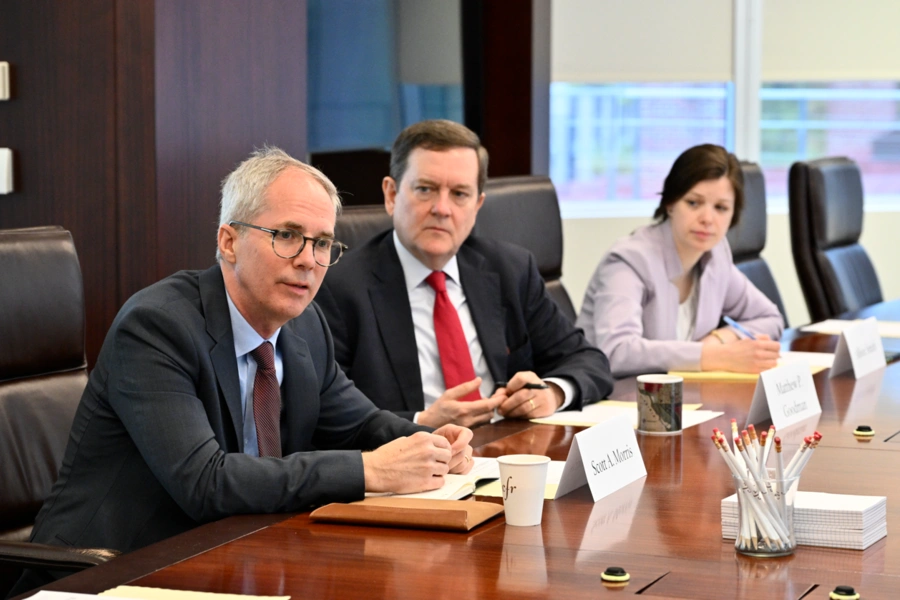
Geopolitics in the Indo-Pacific: An ADB Perspective
Article by Christopher Shim
Economic Security

Supporting American Small Businesses Against Foreign Threats
Article by Tara Donohue Bartels and Tarah Wheeler
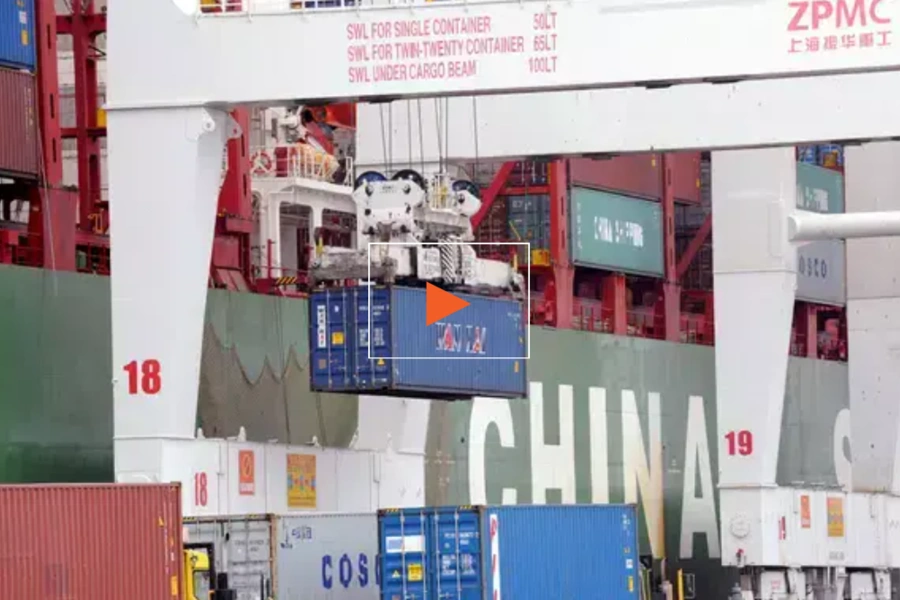
Virtual Media Briefing: U.S. Tariffs on Chinese Imports
Media Briefing by Matthew P. Goodman, Brad W. Setser, and Zongyuan Zoe Liu
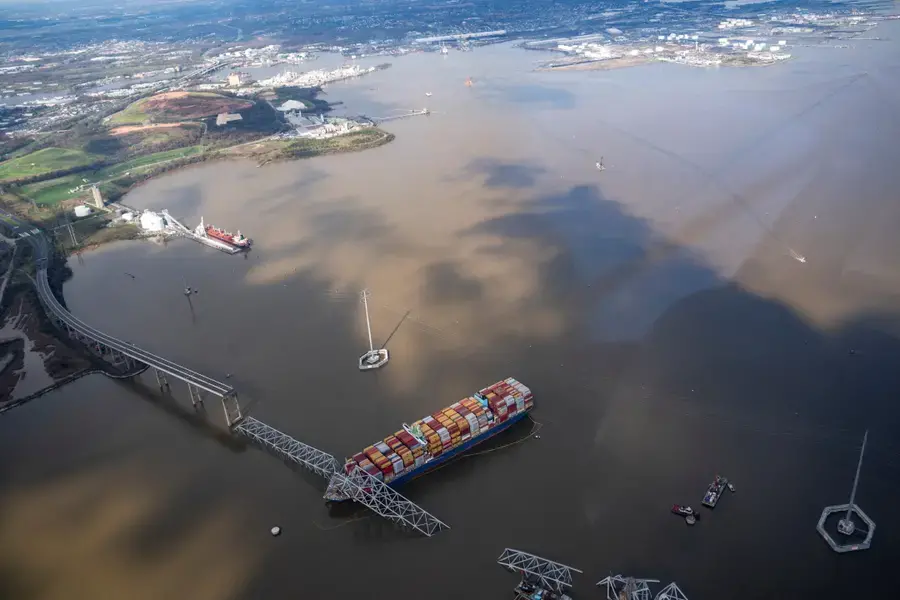
Baltimore Bridge Collapse Tests U.S. Supply Chains
Expert Brief by Zongyuan Zoe Liu
RealEcon Launched
-
The Federal Reserve’s dual mandate of price stability and maximum employment presents trade-offs as the Fed grapples with the next move of interest rates.
-
My new paper for the Geoeconomics and Geofinance Initiative of the Institute Français des Relations Internationals’ (IFRI) explores the history of the Sino-American financial relationship.
-
From ginseng farms to food-processing facilities, Wisconsin businesses shine light on how trade policy and foreign investment impact rural America.
-
Policymakers face complex cost-benefit considerations when intervening in the market to mitigate perceived risks, from climate change to competition with China.
-
As part of the CFR RealEcon Roundtable Series, Scott Morris, vice president of the Asian Development Bank (ADB), explained how the ADB supports countries in the Indo-Pacific region amid shifting geopolitics.
-
The World Bank and IMF have concluded their spring meetings, but questions remain on China, lending capacity, and balancing the interests of rich and poor countries.
-
The response to the temporary closure of the Port of Baltimore—from a deadly tanker collision—demonstrates the resilience of U.S. supply chains despite fears of costly disruptions.
-
Policymakers are increasingly concerned by the U.S.’s dependence on Taiwanese semiconductors. Is onshoring their production to the U.S.—a goal of the CHIPS and Science Act—a practical path forward?
-
Under Biden and Trump, the U.S. has broken from its long-standing free trade policy. CFR trade experts assess whether the rules-based trading system is worth saving.
-
With RealEcon, CFR is creating an initiative to study and debate the role of the United States in the international economy. The launch event of this multiyear, multifaceted initiative will explore what the challenges are for U.S. leadership, what is at stake for American interests, and what new approaches would be helpful to rebuild an affirmative consensus on American economic leadership. Chair Jared Bernstein of the Council of Economic Advisers discusses the future of U.S. economic leadership as CFR launches its new RealEcon initiative. Immediately following the conversation with Chair Bernstein, there will be a panel discussion on the new initiative. Members may bring a guest to this event.
-
In crafting a new international economic policy that works for Americans and advances U.S. interests, policymakers will have to weigh multiple trade-offs.
-
The fentanyl epidemic is a major election issue. The U.S. could leverage trade policy with China to crack down on its export.
 Online Store
Online Store

